Air filters health benefits are undeniable. They help improve indoor air quality, which makes it easier to avoid respiratory concerns, control them, or keep allergies in check.
What most people don’t consider, though, is how the right filter can considerably boost the HVAC system’s effectiveness.
Once you pick a compatible air filter like 20x40x4, your HVAC’s performance will improve due to contributions including:
Contents
Improved air quality
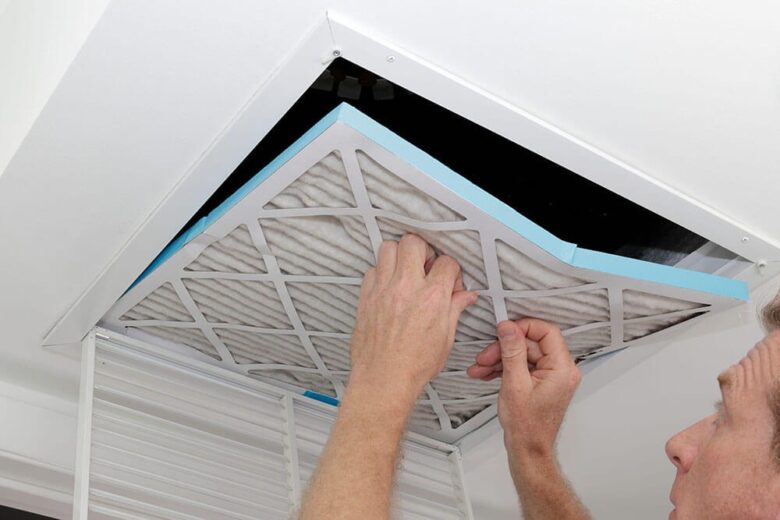
Source: homecomfortexpertsinc.com
Air filters trap contaminants and pollutants like pet dander, dust, and pollen. That’s their primary task, which is essential in improving indoor air quality.
While the health benefits are clear, such improved air quality also impacts the HVAC system’s performance.
The cleaner air reduces the system’s strain since it is easier to circulate. This means the HVAC system won’t overwork to circulate the air, which improves its effectiveness in delivering desirable air conditioning impact.
You won’t have to crank up the air conditioner as the conditioned, clean air is seamlessly circulated into the space.
Reduced Airborne Irritants
Air filters minimize irritants like smoke particles, mold spores, and chemical fumes, improving air quality. Key benefits include:
- Less exposure to allergens, reducing respiratory issues.
- Fewer odors from cooking, pets, or smoke lingering in your space.
Cleaner HVAC Components
Cleaner air means less debris accumulation on HVAC components such as coils and fans. This:
- Prevents clogging, maintaining smooth operation.
- Enhances airflow consistency, improving cooling and heating performance.
Improved Humidity Control
Air filters help stabilize indoor humidity levels by ensuring unobstructed airflow. Benefits include:
- Reduced mold growth, which thrives in excessive moisture.
- Enhanced comfort due to balanced humidity in the space.
Investing in quality air filters boosts air purity and HVAC efficiency, ensuring cleaner, healthier, and more comfortable indoor spaces.
Better energy efficiency
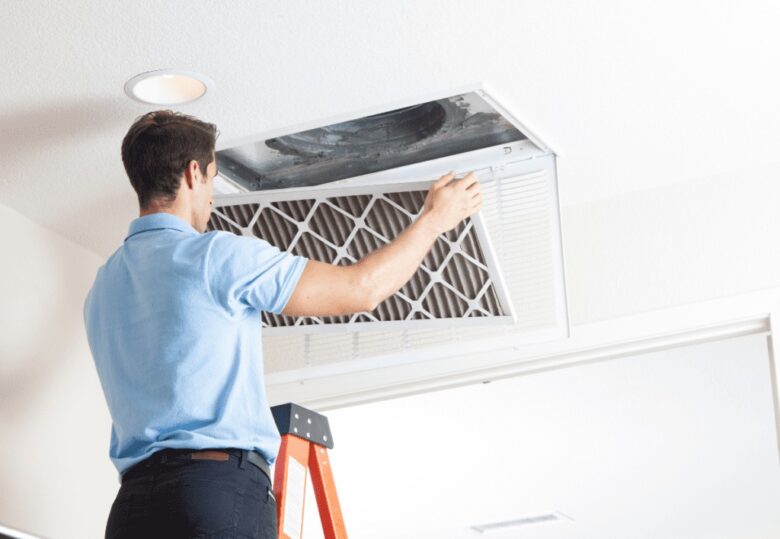
Source: expressfmg.com
Air conditioning is among the checkpoints many consider when looking for more ways to lower utility bills.
While essential, especially during hot or cold seasons, air conditioning can dig deeper into your pockets, which is worse when the HVAC system struggles to meet your needs.
Air filters clean the air, which facilitates unrestricted airflow. This means the HVAC system doesn’t have to overwork, resulting in lower energy consumption.
Such energy efficiency can significantly lower your utility bill, making air conditioning more affordable.
Optimized Airflow
Unrestricted airflow reduces the workload on the HVAC system. Benefits include:
- Faster temperature regulation for improved comfort.
- Reduced chances of overheating due to consistent operation.
Reduced Energy Wastage
Clean air filters minimize blockages, ensuring the HVAC system operates efficiently. Key advantages:
- Lower energy loss during heating or cooling cycles.
- Reduced runtime, cutting down electricity usage.
Eco-Friendly Impact
Enhanced energy efficiency contributes to environmental conservation. Positive outcomes include:
- Reduced carbon footprint through lower energy demand.
- Sustainable operation that supports green living goals.
Using air filters to boost energy efficiency not only saves money but also ensures optimal performance and a more sustainable lifestyle.
Fewer maintenance requirements
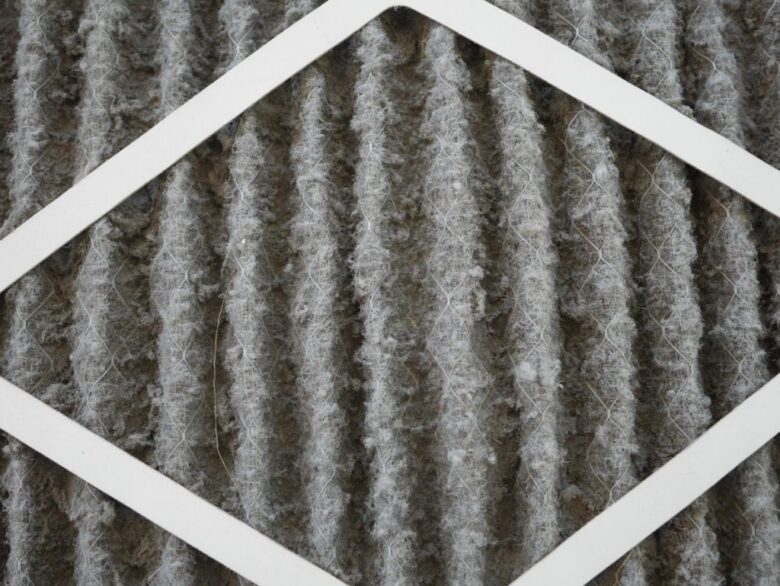
Source: griffithenergyservices.com
HVAC is often under pressure to deliver, especially during hot summers and cold winters. During such moments, dirt buildup does not help because it adds to the strain, especially when you crank it up to address those hot or cold spots.
This extra workload accelerates wear and tear and can result in concerns like mechanical failure and overheating. These concerns can result in frequent breakdowns, costing you more money in repairs and replacements.
Air filters help eliminate contaminants, which mitigate dirt buildup. This translates to better airflow and efficient circulation, meaning you won’t overwork the HVAC to deliver, which minimizes wear and tear.
Reduced Dirt Accumulation
Air filters capture dirt and debris before they reach HVAC components. This:
- Keeps critical parts like coils and fans cleaner for longer.
- Minimizes the risk of clogging that could cause malfunctions.
Fewer Emergency Repairs
Efficient air circulation reduces strain on the system, leading to:
- Lower chances of overheating during extreme weather.
- A decreased likelihood of sudden breakdowns requiring costly repairs.
Consistent Performance
With fewer contaminants causing blockages, the system operates smoothly. Benefits include:
- Stable temperature control without needing constant adjustments.
- Prolonged intervals between professional maintenance calls.
Using air filters reduces maintenance requirements, ensuring a more reliable HVAC system while lowering long-term costs.
Extended lifespan
Besides slowing wear and tear by enhancing airflow, air filters keep debris away. This minimizes clogging instances that can impact the HVAC’s internal components, such as the fans, motor, and coils.
Keeping these components in better shape translates to fewer maintenance calls and helps extend the HVAC system’s lifespan.
Considering how costly HVAC is and how expensive frequent replacements can prove, an air filter is a smart investment as you strive to ensure you squeeze the most out of the system.
Protection for Internal Components
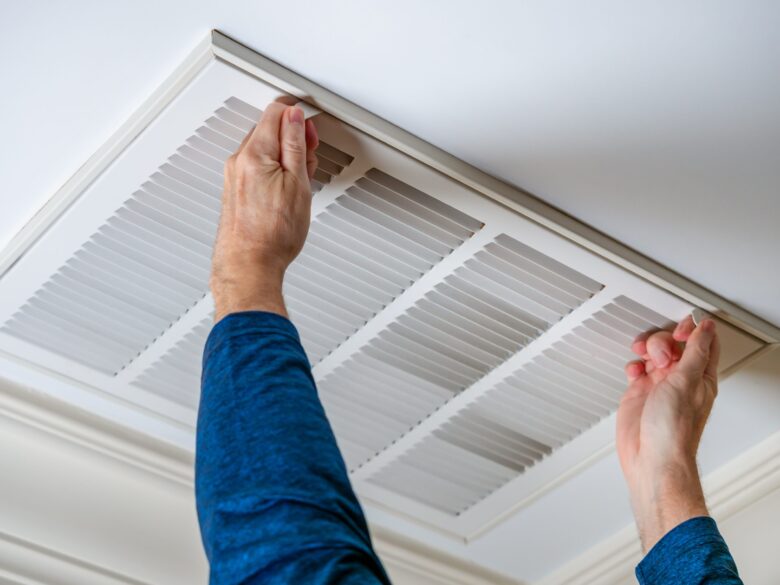
Air filters safeguard vital parts like motors, fans, and coils by blocking debris. This:
- Prevents damage from dust and particles that could cause premature failures.
- Ensures smooth operation, reducing stress on key components.
Reduced Wear and Tear
Enhanced airflow prevents the HVAC system from overworking. Benefits include:
- Decreased strain on moving parts, prolonging their durability.
- Lower chances of overheating, which could shorten the system’s life.
Long-Term Cost Savings
By extending the system’s lifespan, air filters help you save money. Key advantages:
- Delayed need for costly replacements of major components.
- Lower frequency of system upgrades due to consistent performance.
Installing air filters is a proactive way to protect your HVAC system, maximizing its value and longevity.
FAQs
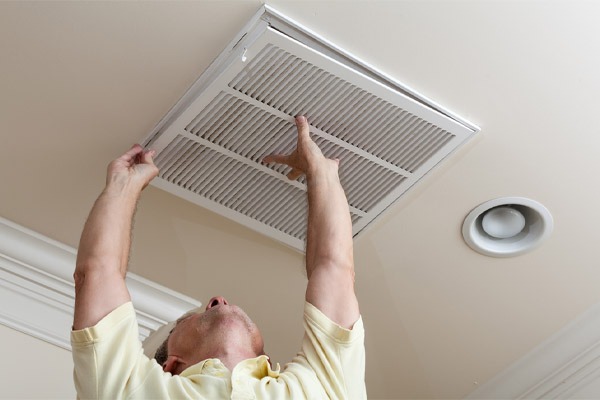
Source: townsendtotalenergy.com
How often should air filters be replaced?
Air filters should typically be replaced every 1-3 months, depending on usage, the type of filter, and indoor air quality conditions. Check the manufacturer’s recommendations for the best replacement schedule.
Can a dirty air filter cause my HVAC system to shut down?
Yes, a dirty air filter can restrict airflow, leading to overheating or other mechanical issues that may cause the HVAC system to shut down as a safety precaution.
What are the different types of air filters available?
Common types include fiberglass, pleated, HEPA, and electrostatic filters. Each type has specific strengths, such as high filtration efficiency or cost-effectiveness. Choose one based on your needs and the HVAC system’s specifications.
Do air filters help with odors?
Yes, certain air filters, especially those with activated carbon layers, can help reduce odors from pets, cooking, or smoke by trapping odor-causing particles and gases.
Are washable air filters a good alternative?
Washable air filters can be a cost-effective and eco-friendly choice, but they may not filter as effectively as disposable options. Ensure they are compatible with your HVAC system before use.
The Bottom Line
Air conditioning is a huge part of every property, and with air filters, you can considerably improve the conditioning and air quality. Air filters don’t just make the space safer and more comfortable. They help air conditioning units to easily circulate the air, which keeps them running efficiently for an extended period. The trick is to pick the right size and air filter type, ensuring you enjoy high-quality indoor air while improving the HVAC system’s efficiency.
